AARP Hearing Center

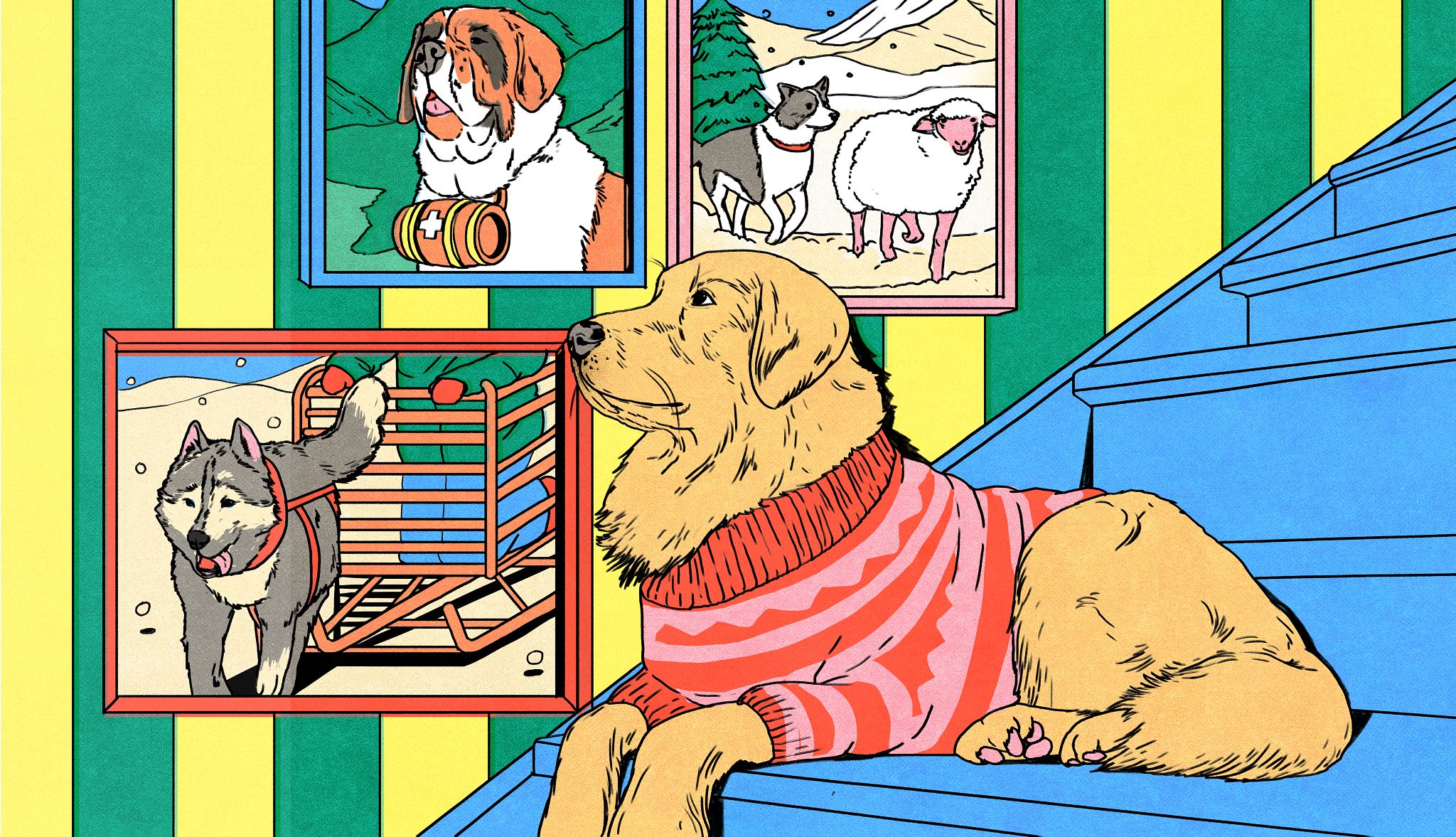
My 20-year-old son was home on winter break, typing away frantically on his computer. He was applying for summer internships and filling out forms online for several hours. My husband remarked, “I'm proud of you. You’ve spent your time off working like a dog.”
Hearing my husband say this made me chuckle. I realized that I had never seen a hard-working dog at all. In fact, most dogs that I know are the opposite of hard-working. They mostly sleep, eat, sniff and play.
So how did “working like a dog” become a saying? And what about other animal comparisons that on first hearing might seem to make no sense?
1. Working Like a Dog


Subscribe Here!
You can sign up here to AARP Experience Counts, a free email newsletter published twice a month.
While your family dog may seem to live a lazy, carefree life, not all dogs have it quite so good. The phrase's exact origin is unknown, but there are several possibilities. In the olden days, farm and ranch dogs as well as sheep and sled canines worked from sun up to sundown, sometimes in difficult conditions. The phrase also may refer to the fact that when dogs work hard, they receive no pay.
2. Dog Days of Summer

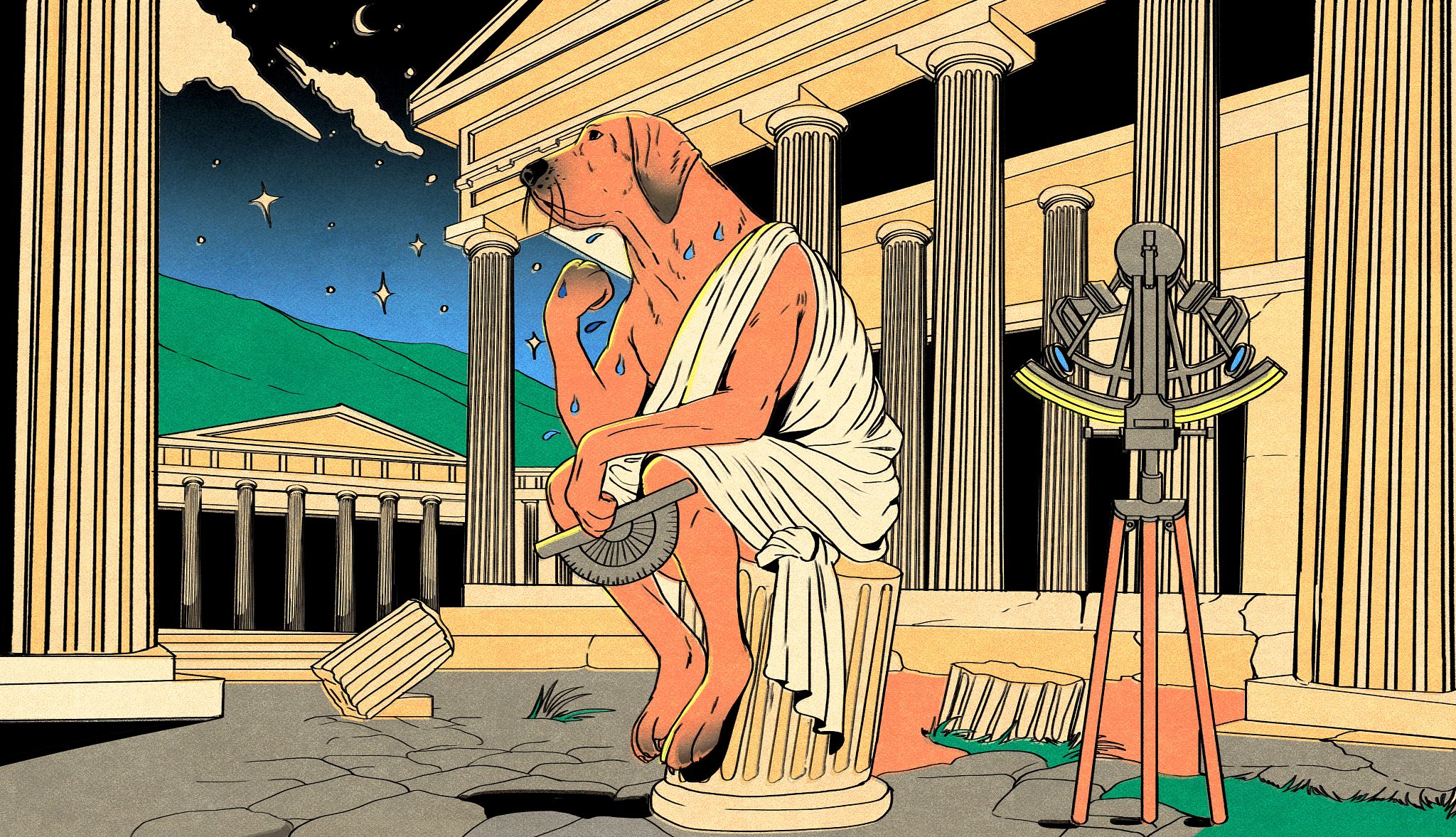
These are the days of blistering heat and humidity during July and August. The phrase dates back to ancient Rome and Greece. Those months of sweltering weather coincide with the rising of Sirius, the Dog Star. This time became known as the “dog days” which were believed to bring not just intense heat but drought, lousy luck and unrest. The worry was that hot temperatures “dog days” could drive both dogs and men mad (luckily today, we have air-conditioning to avoid that fate.)
3. Hair of the Dog

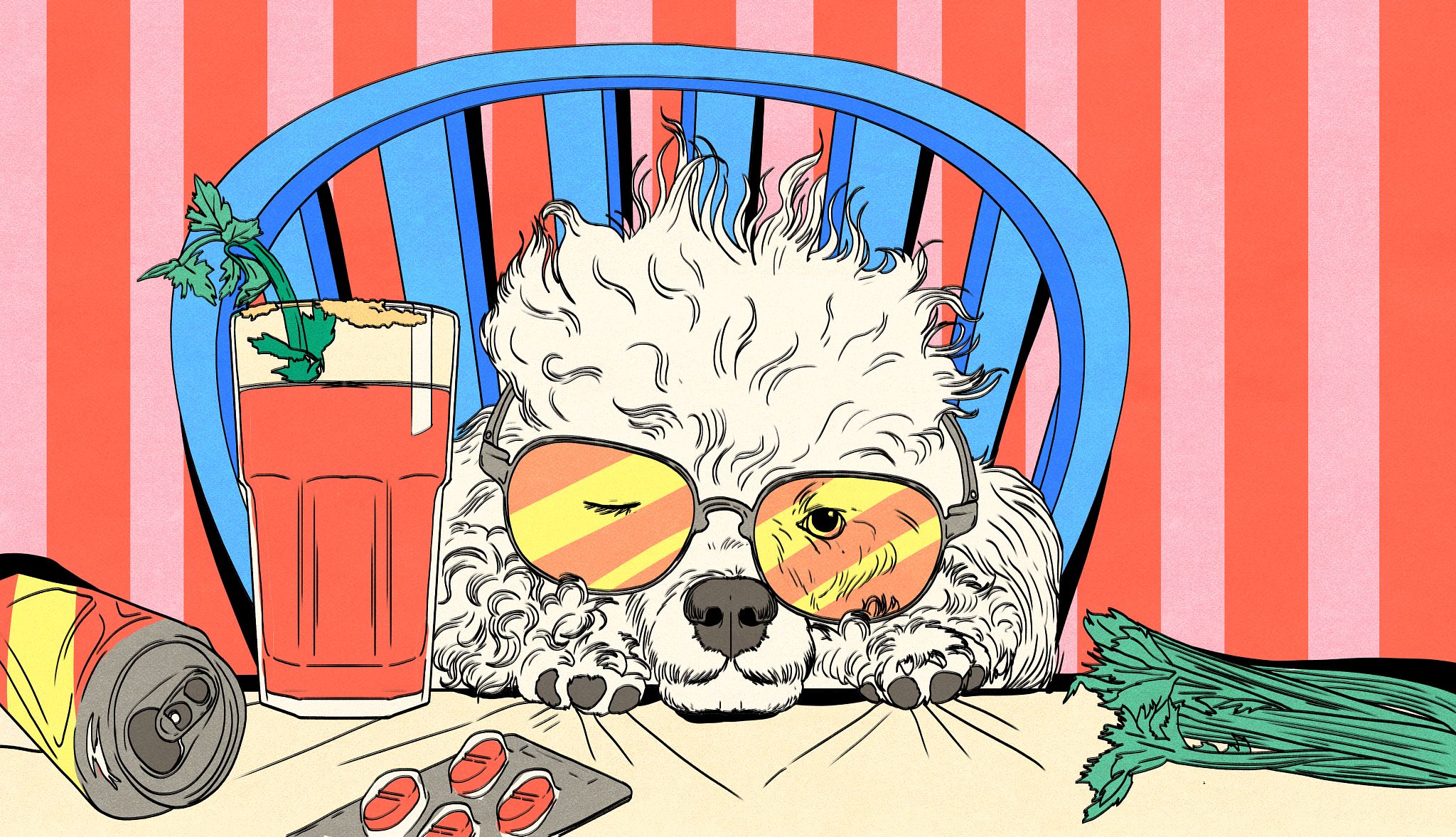
If you have overindulged in alcoholic beverages and woken up with a wicked hangover, well-meaning friends may suggest a "hair of the dog" to alleviate your symptoms. The idea is that the way to cure a hangover is to drink some more.
But that is not the original meaning of this saying. In medieval times, it was believed that the way to heal a bite from a rabid dog was to put the hair of that rabid dog on the wound.
4. Let the Cat Out of the Bag

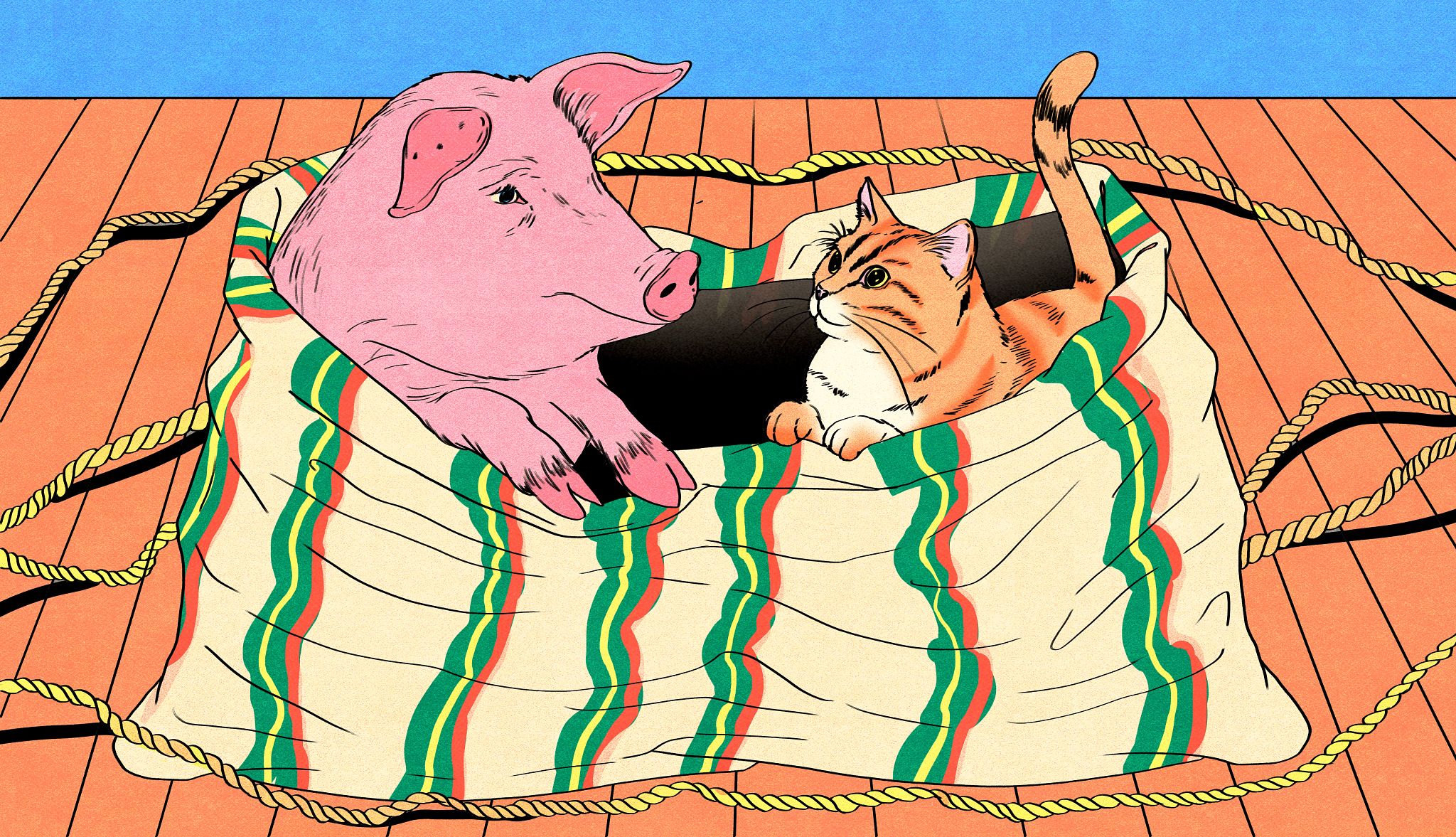
The phrase “let the cat out of the bag” refers to someone spilling a secret. But has anyone ever stored a cat in a bag? The answer is yes. Back in Medieval England, farmers would sell pigs at the market. To scam buyers, sometimes a dishonest seller would place a common cat in the bag instead of a pig, which was much more valuable.
If the buyer was smart, he would check the bag before paying for his purchase and might reveal the seller's deceit by "letting the cat out of the bag."




























































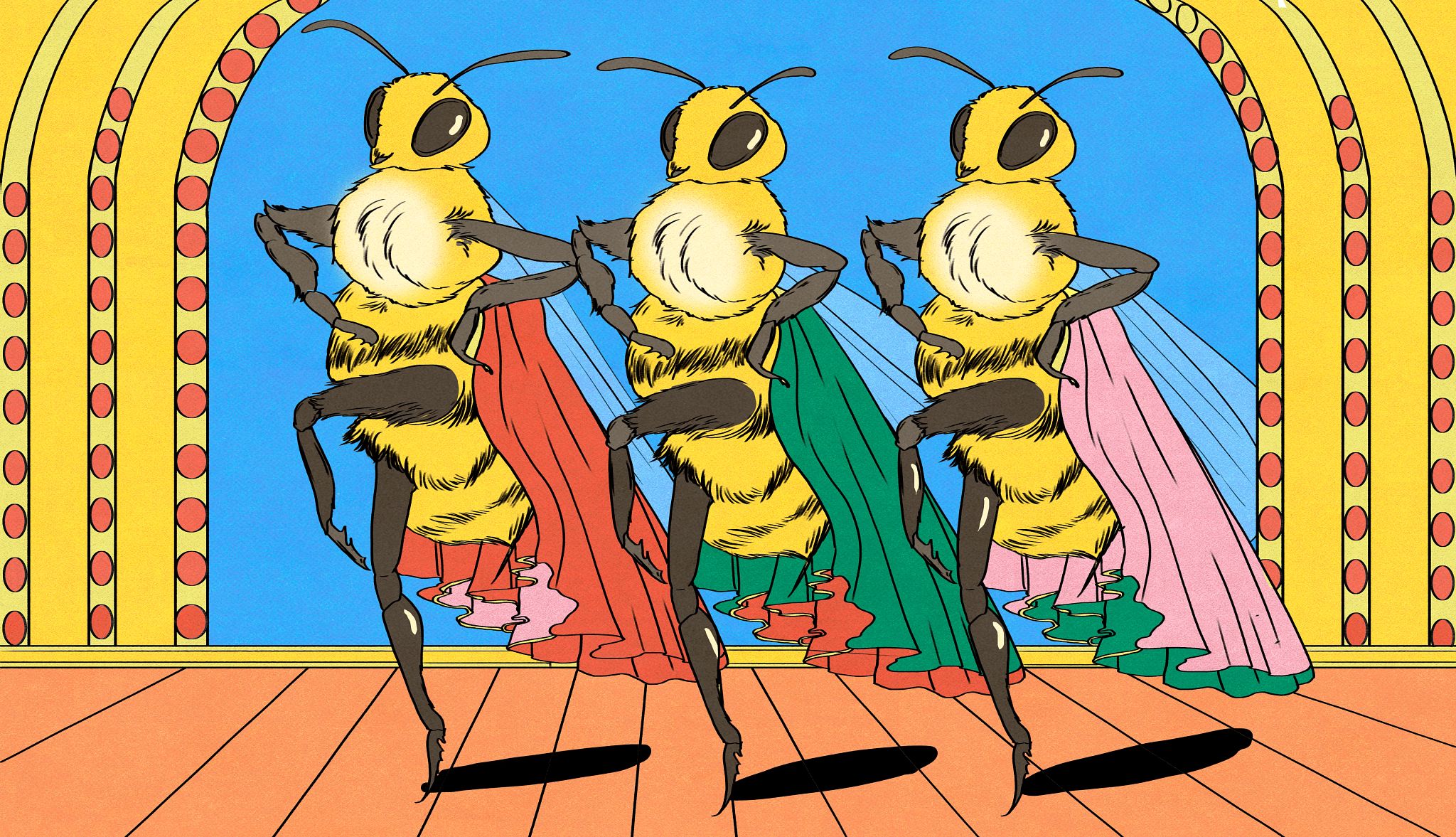
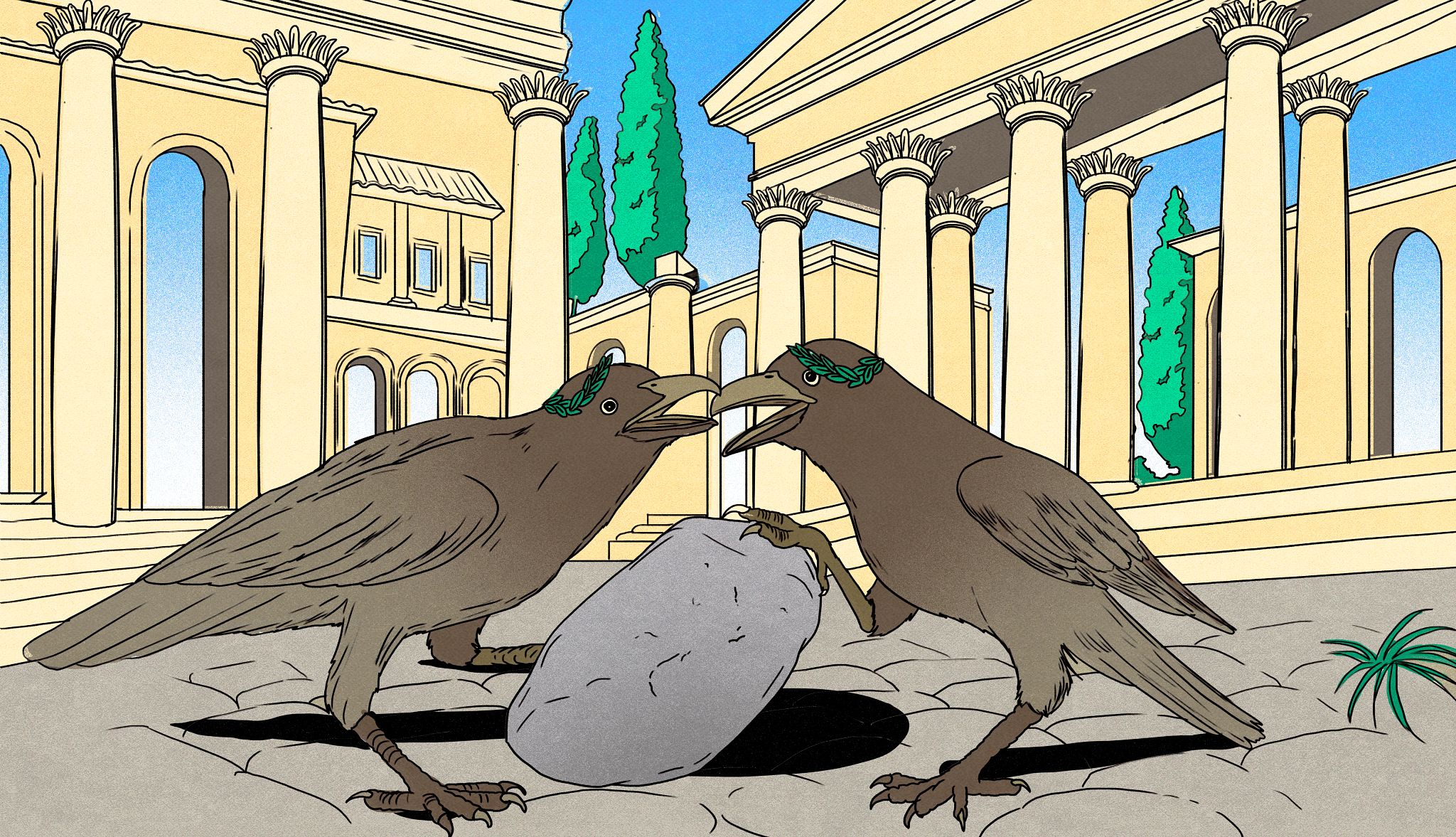
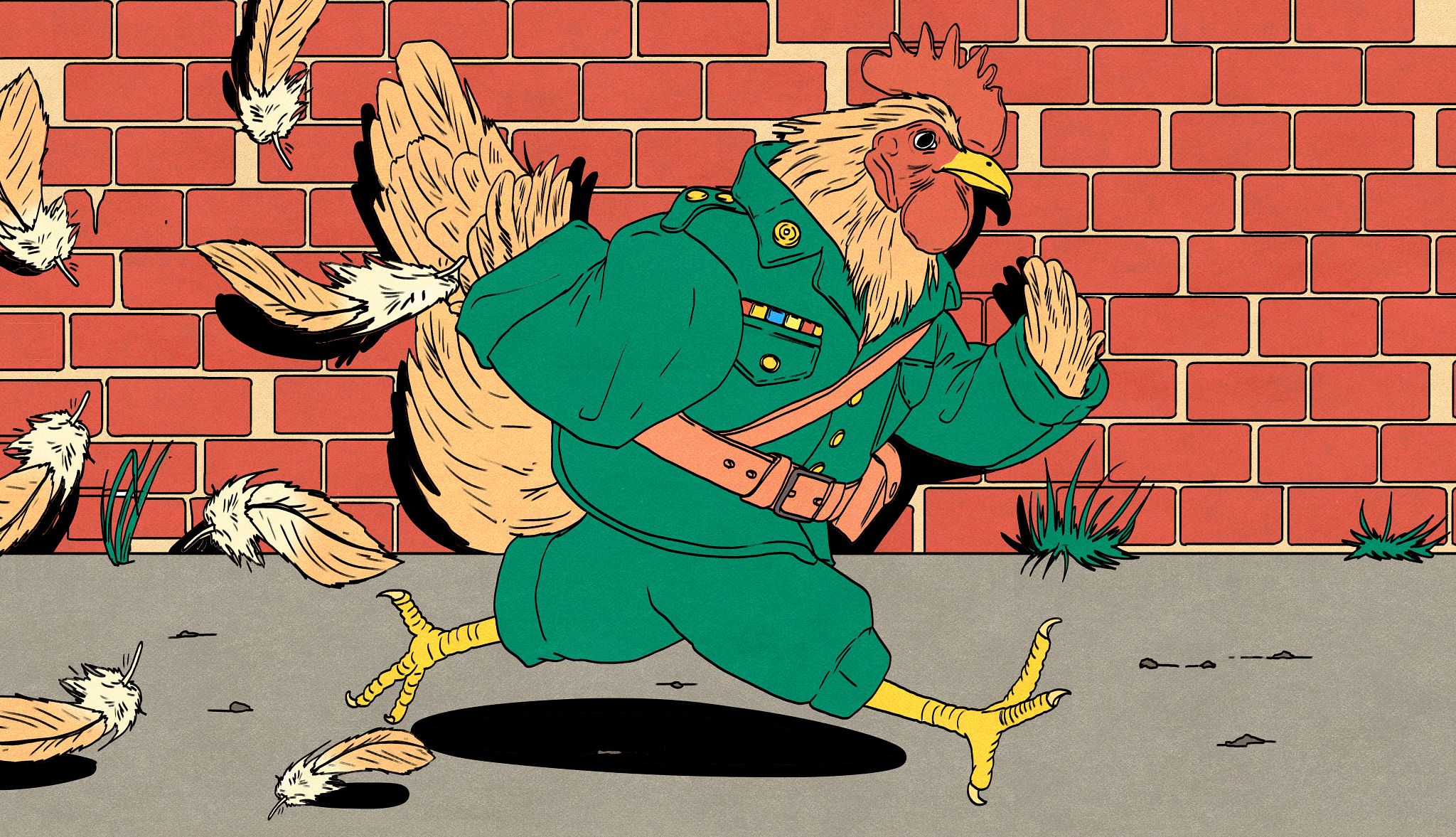
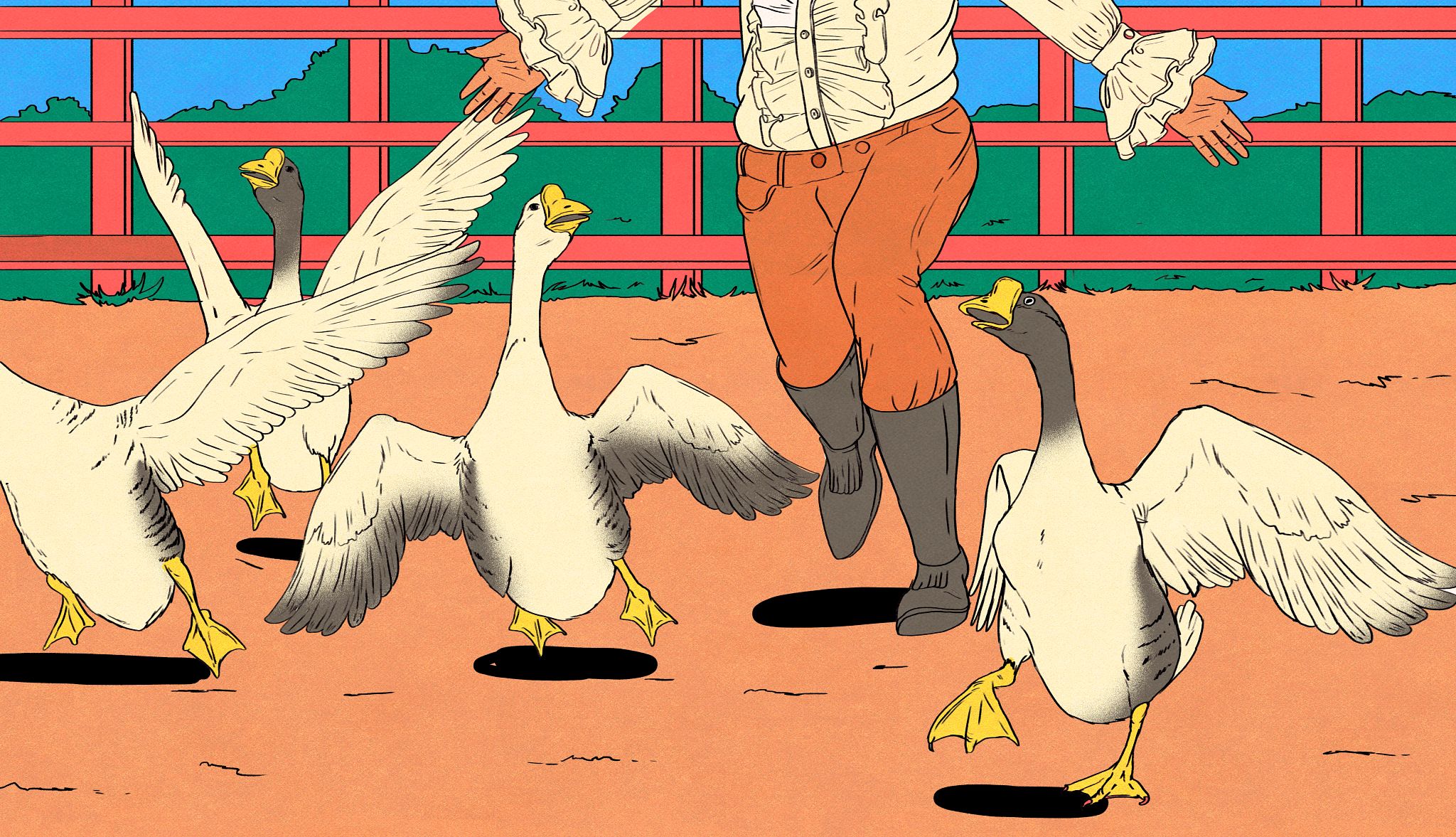
More From AARP
6 Versions of the All-American Classic Burger
One of the country's greatest culinary inventions can be changed up to suit every tasteThe Exotic Pet You'll Love Almost as Much as Your Child
Dogs and cats are wonderful but why not try something completely different?Paint It Black With Our Rolling Stones Quiz
Do you have trivia moves like Jagger?
Recommended for You